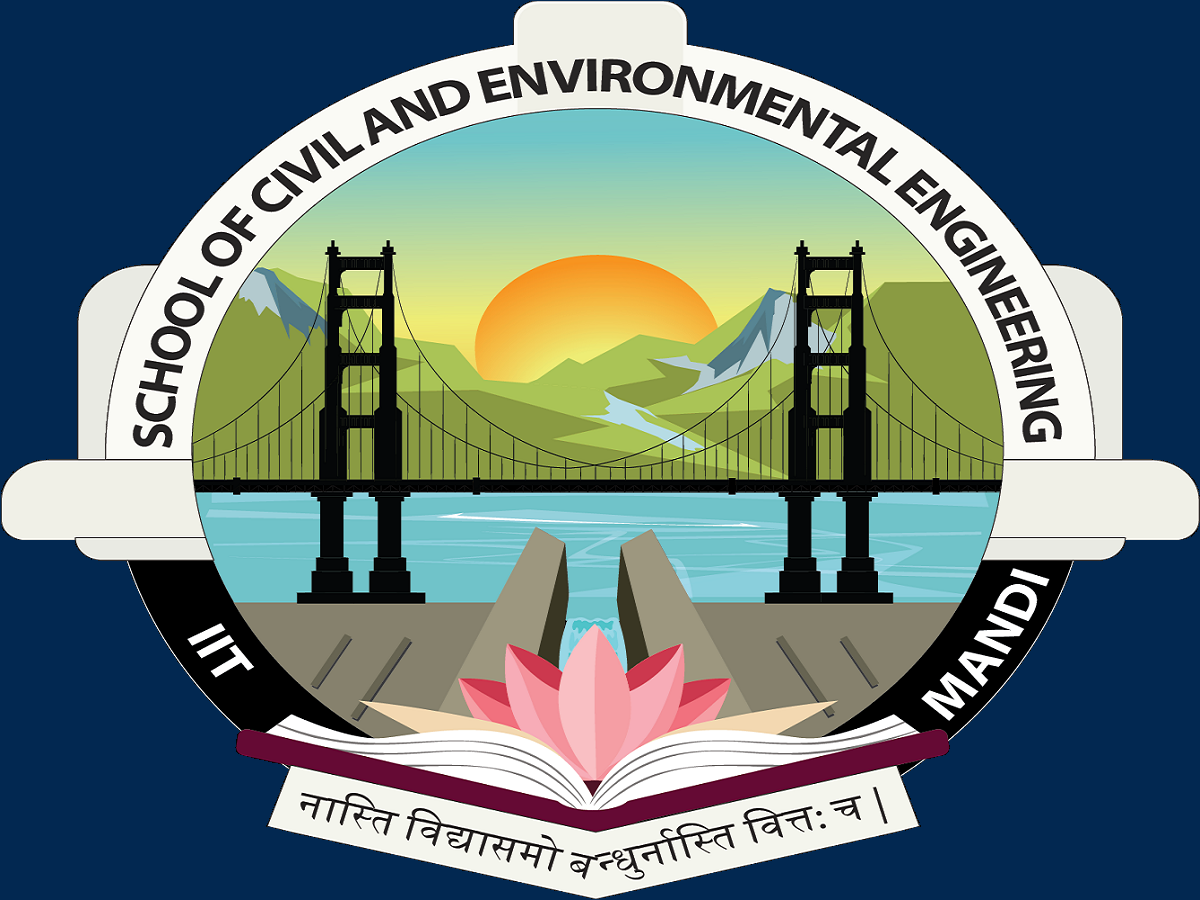A Comparative Study on Application of Machine Learning Algorithms in Ground Motion Prediction Equations
Symposium in Earthquake Engineering
Maheshreddy Gade
2023-07-01
Ground motion prediction equations (GMPEs) play an important role in the field of earthquake engineering and seismic hazard analysis. With the advancements in the area of artificial intelligence (AI) and machine learning (ML), it becomes critical to have a comparative study on the new methods of obtaining ground motion parameters for a region. Traditional GMPEs developed using parametric regression assume a fixed functional form, and in doing so, it becomes challenging to draw the complex and nonlinear characteristics of the data completely. Adopting nonparametric regression methods, which are independent of predefined equations, helps us to overcome these limitations. This paper investigates a comparative study of some common machine learning algorithms to forecast peak ground acceleration (PGA) associated with ground motion data of NGA West. The prediction model considers nonparametric types of regression and tries to manifest the advantages of these models over conventional GMPEs, derived using parametric regression. The present work explores algorithms like decision trees, random forests, support vector regression, and weighted average ensemble method (WAEM). Also, the performance of the developed models is compared with that of conventional methods. In this study, the earthquake magnitude, rupture distance, average shear wave velocity, and the type of faulting mechanism are used as predictor variables. The algorithms are trained using a database of 13,555 ground motions, with magnitude ranging from 3.0 to 7.9 recorded over the rupture distance range of 0–500 km. Finally, an efficient model is identified using evaluation metrics like mean squared error (MSE), R-squared value, and standard deviation.

